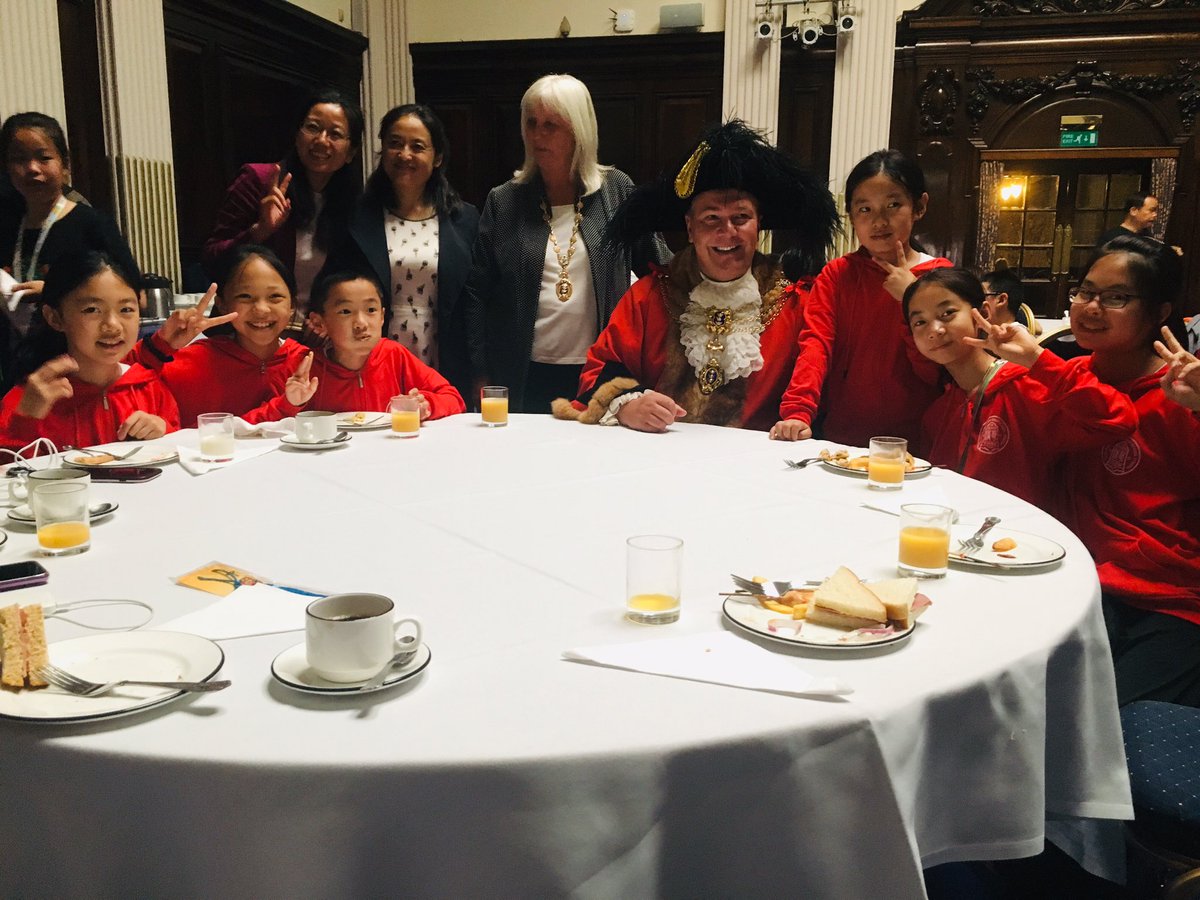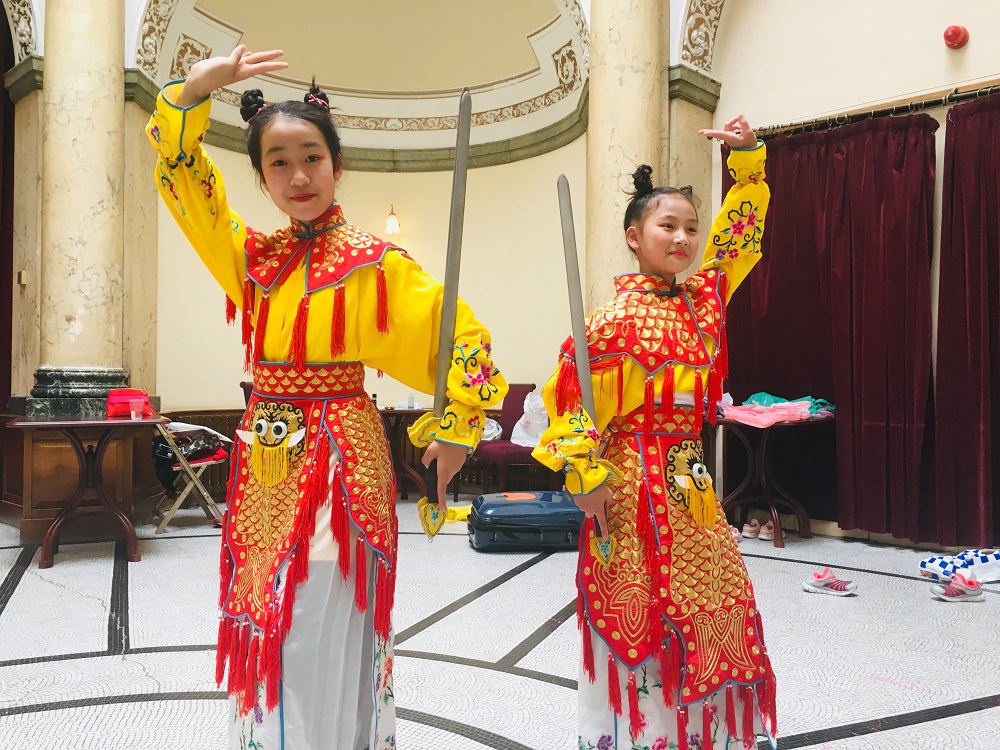Four schools from Beijing were in Hull today to perform a traditional Chinese opera.
The schools, all from the Fengtai District in Beijing, have close ties to the city through a 15-year relationship with the Archbishop Sentamu Academy.
Groups of students from Beijing and Hull regularly visit each other as part of a cultural and educational exchange programme.
Today’s special performance at Hull City Hall included various forms of traditional Chinese music, dance and acrobatics.
Lewis Anderson, 23, is an former pupil of Archbishop Sentamu Academy. He started learning Chinese at the age of 13 and acts as a translator and organiser for when the Chinese students visit the UK. He also currently studies at a University in China.
He said: “Cultural exchanges are really important because children start to appreciate everything in life. They start to learn that there isn’t only their view on things and they start to look at other cultures and appreciate their history and beauty.
“For example, when Hull students visit China, they might visit the Great Wall and witness traditional dancing and opera, then they come home and think ‘what do we have that is the equivalent of that?’ and they look at all the different things that we have and it starts to open their minds.”
The Chinese students are on a 12-day visit to the UK, taking in eight different cities, which includes four days in Hull. As part of their visit to Hull, they were invited to lunch with the Lord Mayor and have visited various museums, galleries and tourist sites in the city.
Lewis said: “The children love exploring Hull because it’s draped in history and everywhere you look it’s old, beautiful and glamorous.”

At Hull City Hall this afternoon the Chinese students performed a traditional Peking opera, or Beijing opera, which combines music, vocal performance, mime, dance and acrobatics. The performance is renowned for featuring sumptuous costumes and dazzling make-up.
This form of opera arose in Beijing in the mid-Qing dynasty (1636 to 1912) and became fully developed and recognised by the mid-19th century.
